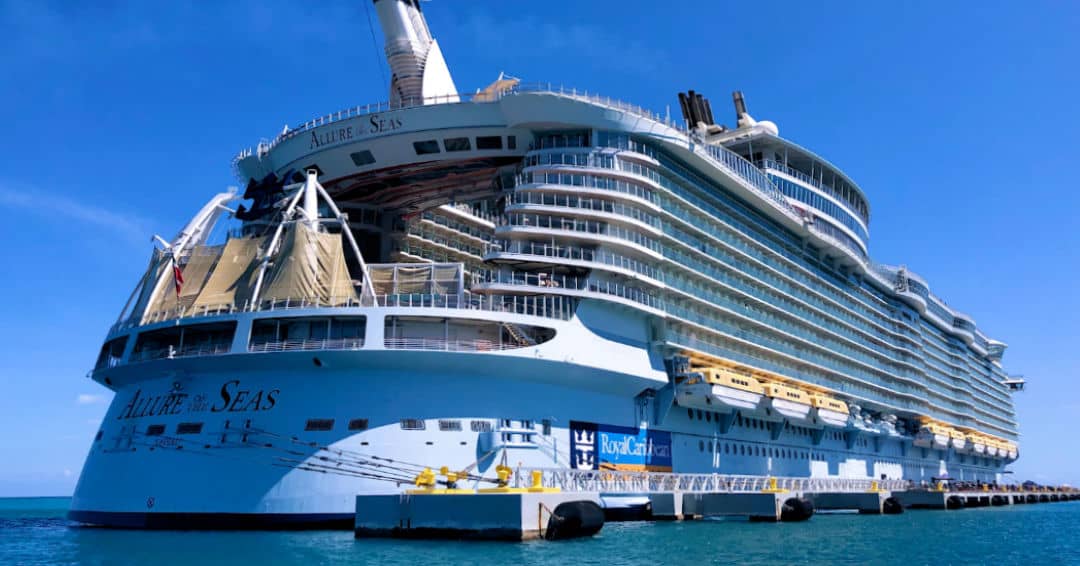
As part of medical care, Medics work aboard ships. They treat patients who experience a variety of ailments, from sore throats to coughs, to injuries ranging from ankle sprains to fractures. His most unusual case involves a crew member who contracted blood from a cruise ship. He has seen broken bones, congestive hearts failure, and even broken bones.
Salary
The ship medics are responsible to provide medical care for crew members and passengers of cruise ships. Although they are not required by law to be licensed physicians they must undergo medical training, which is usually done through the United States Coast Guard. Ship medics are classified under the health diagnosing, treating and practitioners (all other) category. Their median annual income is $74,530.
Salary for ship doctors varies widely, depending on location. Atkinson, NE (Deer Park), NE, Johnstonville CA (Johnstonville CA), and Vancouver, BC are the most highly paid cities in this country. These cities pay salaries that are between 86.5 and $272,659 more than the national average.
Employment requirements
You will work as a ship medic and be part of the medical team that provides high-quality care for passengers and crew members. Supervise the doctors and nurses onboard and maintain an inventory. You can also participate in drills and train other crew members. You are also responsible for ensuring compliance with all regulations and guidelines at shipboard medical facilities.

Job requirements for ship medic: A paramedic or nurse who is certified by the American College of Paramedics is the first responder on a ship. Paramedics are able to provide personalized care for patients and crew. They can assess patients on the scene and transfer them to the shipboard medical center if necessary. They are supervised by a physician, but practice independently under the authority of the ship's medical staff. They administer treatments according to specific medical conditions and work closely with other shipboard medical personnel and nurses. They are also available for walk-in patients.
Benefits
You have many benefits as a ship-medic, such a private cabin and unobstructed view of the sea. There is usually one doctor on board. However, sometimes there are two or more. They may not be available at all times for emergency calls because they work in split shifts. While they are away, it is possible for them to miss important life events. Ship's medical staff should have access evidence-based hospital diagnosis.
Ship medics provide emergency care for crew members and passengers, perform administrative duties at the ship’s health center, and give medication to patients. He or she reports to both the ship's chief medic officer and the company’s Medical and Nurse Director. Ship medics are not required to live in the same cabin with passengers. They will however work in teams with other crew members.
Locations
Being a locum Tenens on a cruise ship is an amazing experience. You have the opportunity to enjoy the many luxuries offered by onboard accommodations, as well as visits to exotic ports. As you travel the world, you can take on many different cases. I recently spoke with two emergency medicine physicians who discussed their experiences with locum tenens work on a cruise ship. Stephanie Garcia MD is a doctor based out of Albuquerque New Mexico. Stephanie has previously worked for locum tenens in Southern California.
The role of a ship medical officer is to provide high-quality healthcare for passengers and crew members aboard the vessel. They work alongside the Senior Med Officer and other members on the medical team. They respond to all medical emergencies aboard and coordinate any shore-side care. Crew, passengers, and guests are also screened by the ship's health staff to ensure they are in good health. They also perform COVID19 pointof-care tests, monitor temperature, oxygen saturation, or other health questionnaires. They respond to all medical emergencies onboard the ship, and do everything possible to ensure the safety and well-being of both the crew and passengers.

Vacancies
There are many opportunities for medical personnel onboard ships. There are companies that specialize in finding qualified medical professionals to fill a particular role on a cruise vessel. These companies have a reputation for providing top-quality medical care to patients at sea. The roles require extensive experience in various specialties, such as primary care, general medicine, and heart trauma. A ship medic will oversee a medical team, and also direct nurses and doctors. A ship medic also assists passengers, issues medicines, and maintains medical reports. You must be reliable and have a great bedside manner to do the job.
While it is a challenging job, the job can be very rewarding. A ship medic can enjoy many benefits, including the ability to travel to exotic ports of calls and other advantages.
FAQ
Why are cruise vacations so popular?
Cruises have become increasingly popular because they offer an exciting vacation experience for people who want to travel but don't want to deal with airport delays and long flights. Cruises also offer a relaxing environment that allows passengers to have fun without worrying about the details of their daily lives.
Cruise ships also make it easy for travelers to visit different destinations on land and at sea. Travelers have ample time to visit all of the attractions and sights available in each destination.
How long does it take for you to get to port?
The distance between the port, the ship's speed, and other factors affect the time it takes to get to the port. You should note that not all ships dock at the same location as the shore. This allows them to unload their passengers quickly. It takes longer for ships to arrive at land because some ship dock closer to the coast.
What do you get on your cruise?
Fun is the most important thing. Don't be afraid to have fun.
You will find many activities for everyone. If you are feeling bored, there will always be someone who wants to chat with you.
Cruising is all in the enjoyment of yourself and relaxation. It isn't about seeing everything.
There are many types of cruises available. They range from shorter trips across Europe to more extended journeys across the Pacific. It all depends on the purpose of your vacation.
Are cruises good for vacations?
The best vacations are those where you are free to relax and have fun. A cruise can be just what you need!
Statistics
- *20% Gratuities Apply on Free Unlimited Open Bar; Free Specialty Dining. (ncl.com)
- You can save 15% off the total price if you book in advance of your trip. (travel.usnews.com)
- You'll need to budget around $80 per person per day for this option – and an additional 18% gratuity. (travel.usnews.com)
- The line estimates savings of 50% when you purchase this bundle. (travel.usnews.com)
External Links
How To
How can you plan your first cruise?
Like any other trip, planning a cruise requires you to think about many factors, including where to go, what activities, how much to budget, and what to do with your money. When planning your first cruise, you should know some things to keep in mind if cruising is new to you. Cruises can last up to three weeks, which is why you don't want any missed! These tips can make your vacation easier.
-
Start early. Book your cruise at least six months in advance. This allows you to save money and avoid crowds. Also, you'll have plenty time to research your ship, itinerary, ports and activities. There might be a great deal on airfare!
-
Choose a destination. - It doesn’t matter what port you choose. Just pick the one that interests you. There are many reasons why people love to cruise. Some people love exploring cities while others enjoy relaxing onboard. Whatever your preferences, you should remember which destination you would like to visit. A popular choice is a Caribbean island, followed closely by Europe and Alaska.
-
Booking a suite is an option. Suites include extra space, a private terrace, and additional amenities. They can be rented from $100 to $300 per night, depending upon the size of your room or the availability of suites on your sailing date.
-
Check the weather forecast - Cruising is often associated with warm tropical climates. Check the weather forecasts for days that you will be visiting ports. You should be aware of the potential dangers from the ocean, especially in Antarctica and Alaska.
-
Take only 10 things on your cruise. No need to take too many clothes or shoes with you. Instead, pack everything you'll need into small carry-on-sized bags. Layer clothing, as you won't be able wash it at all on board.
-
Do your research - Read online reviews before buying tickets. Be sure to review their policies regarding pricing, the services they provide, as well and whether cancellation policies make sense.
-
Do not miss these must see spots. Visit each port at minimum once. Each has its unique charm and culture, so take advantage of all the local sites.